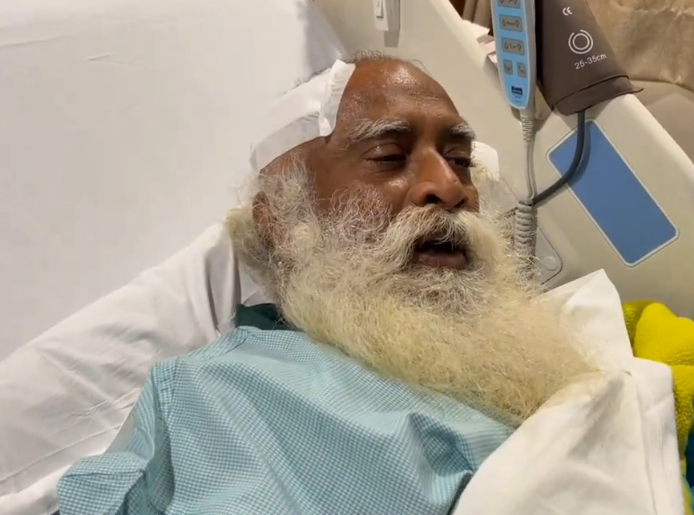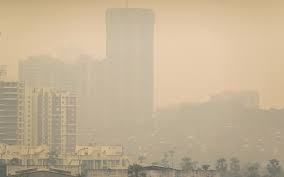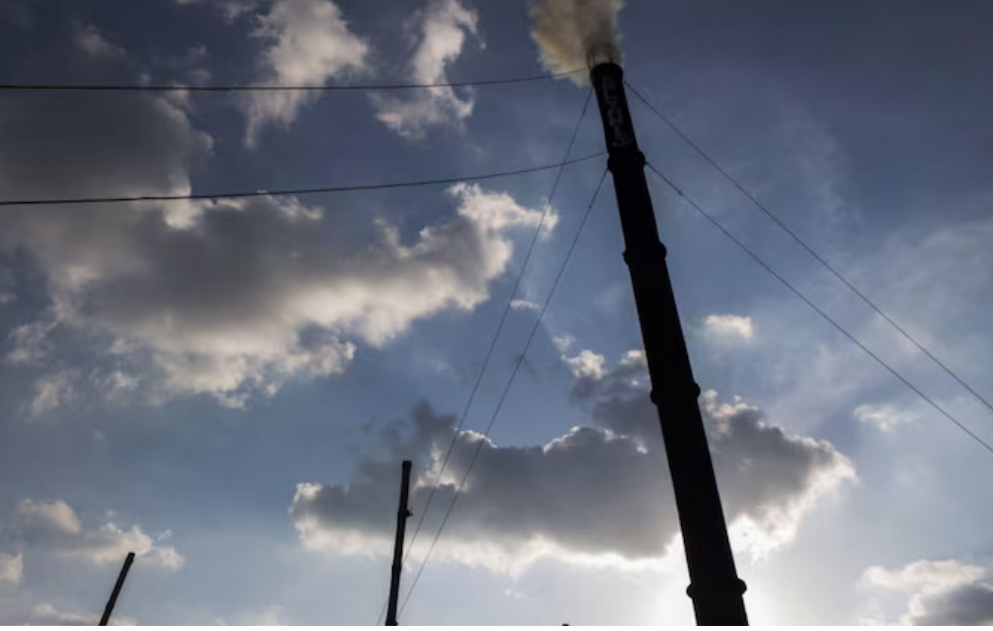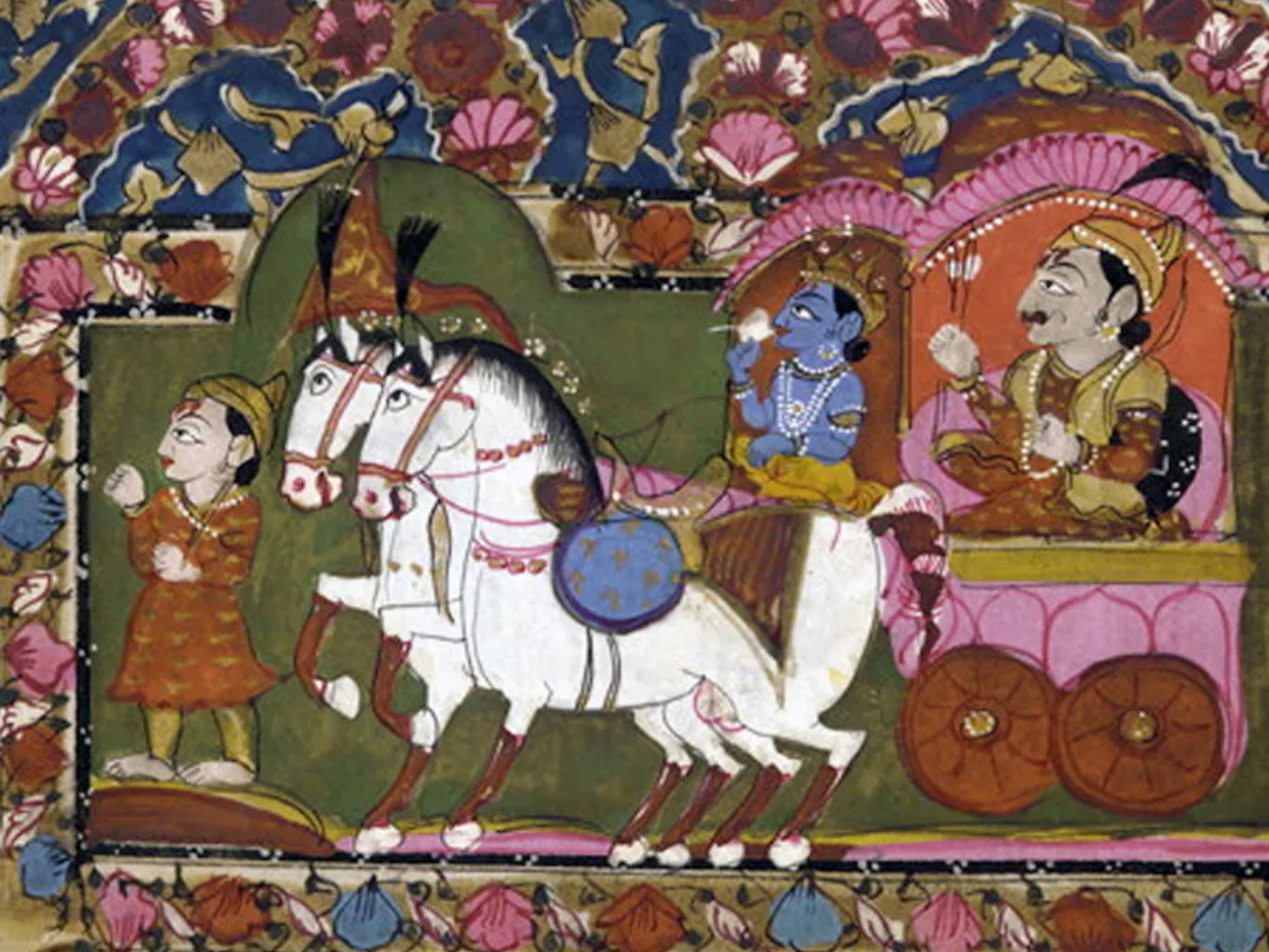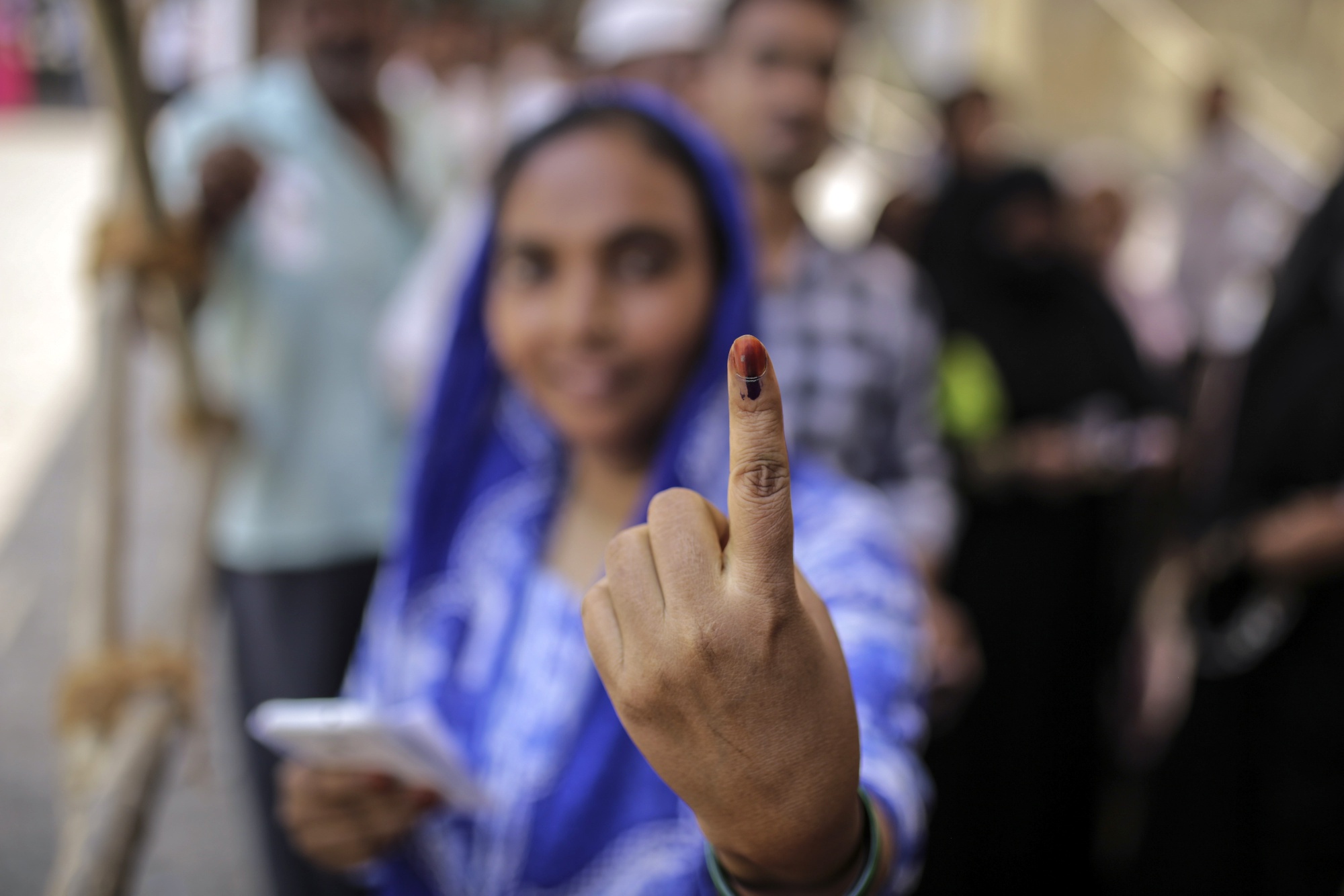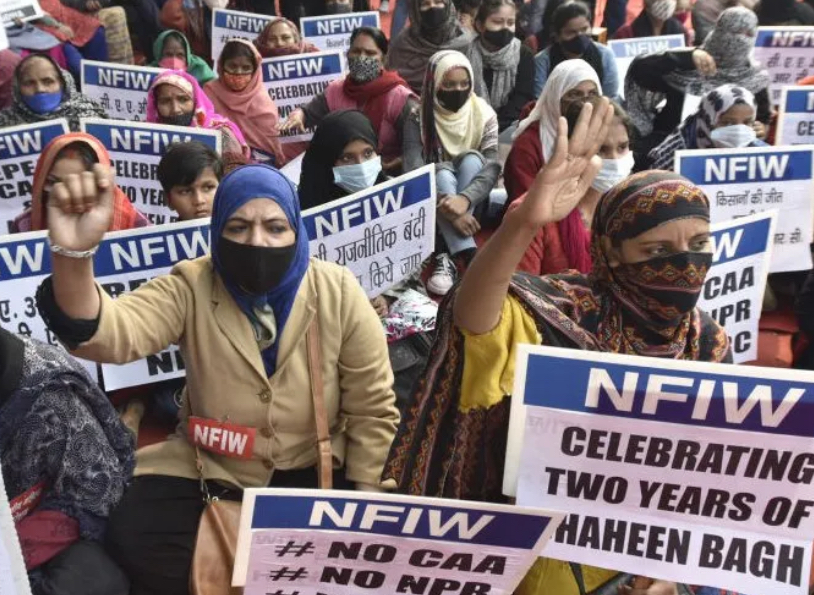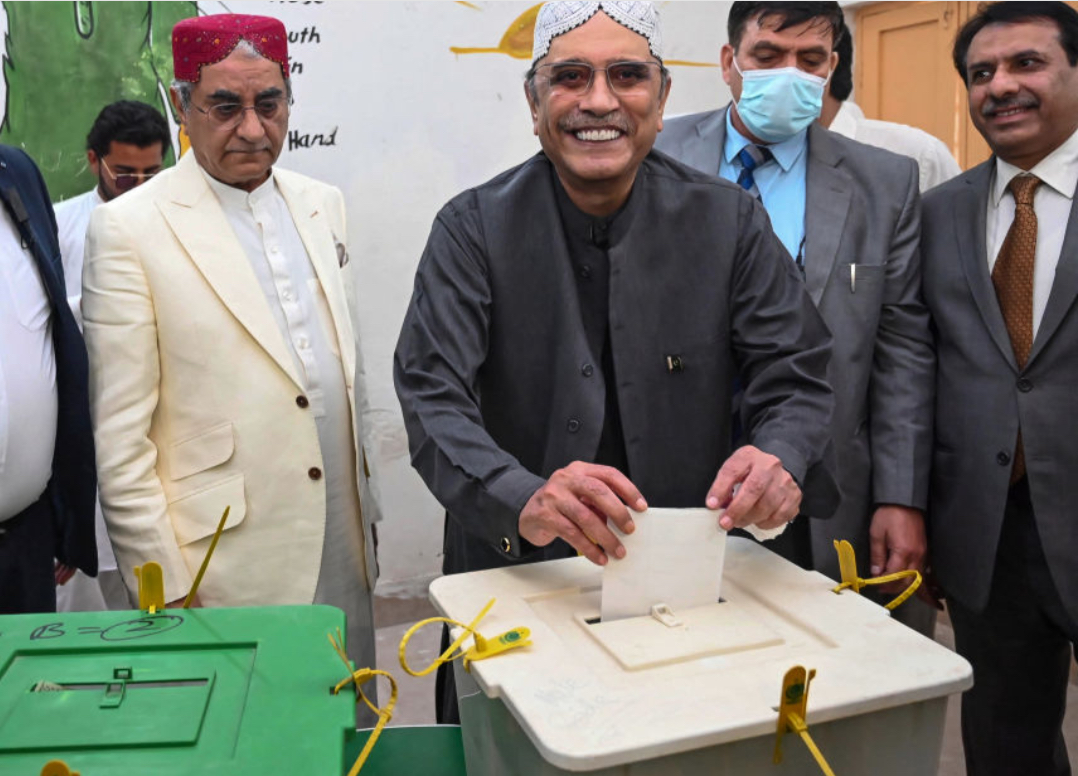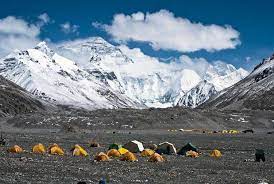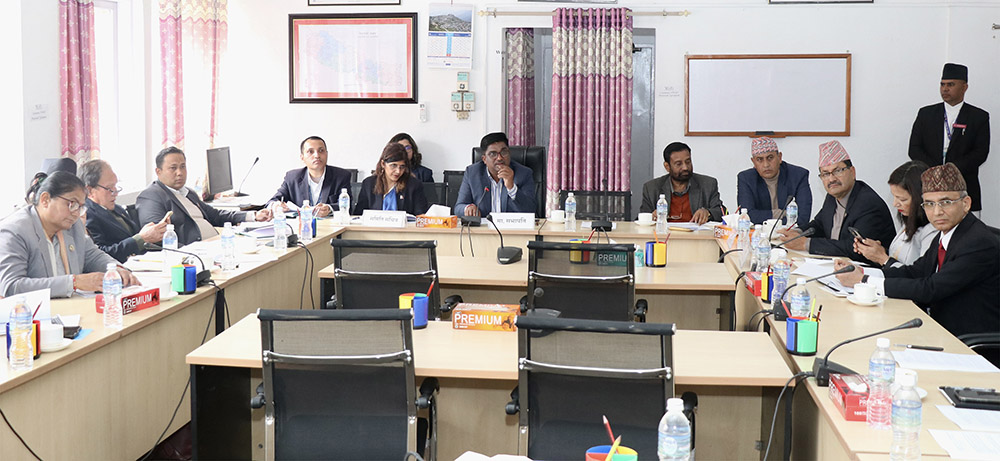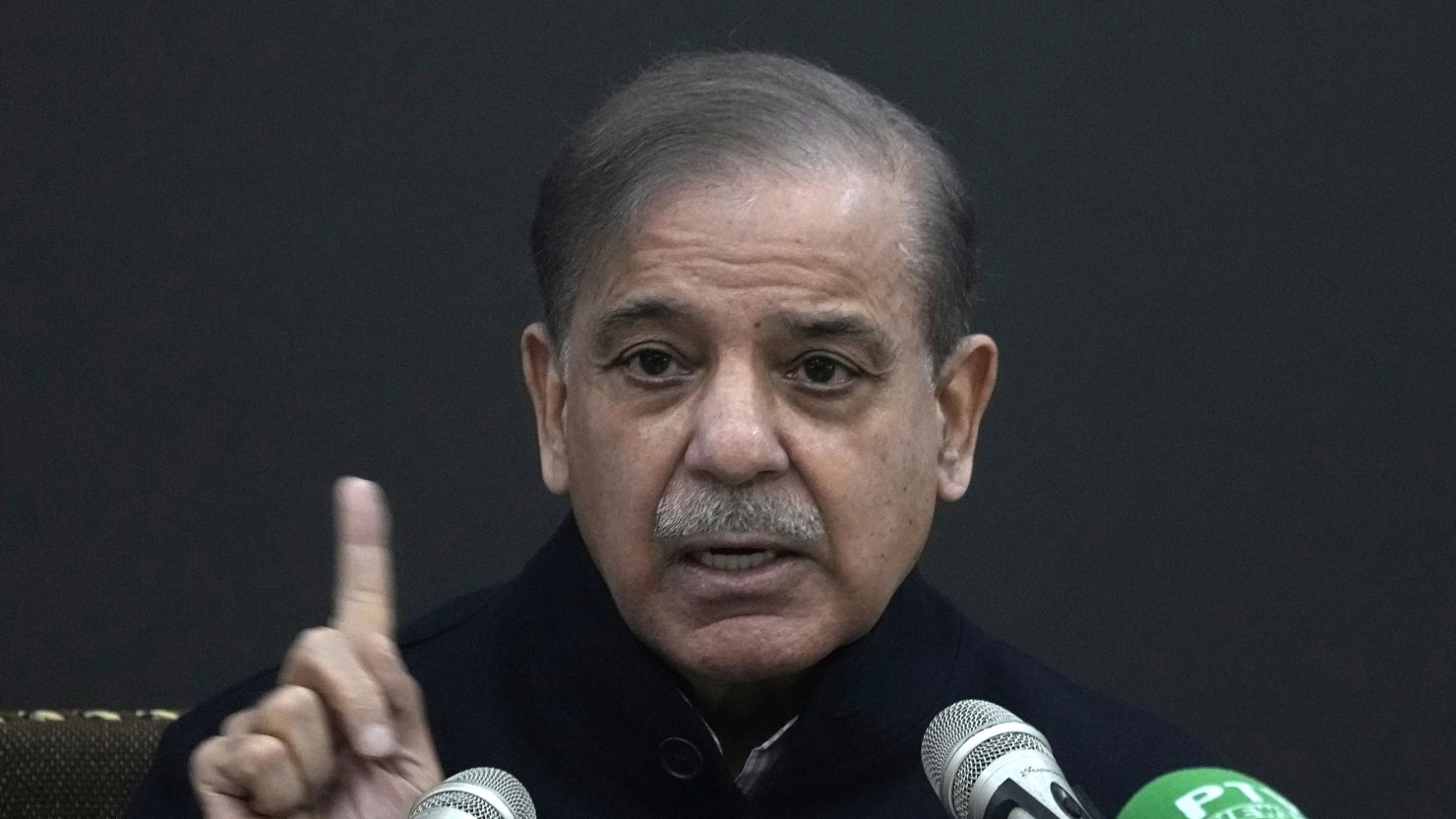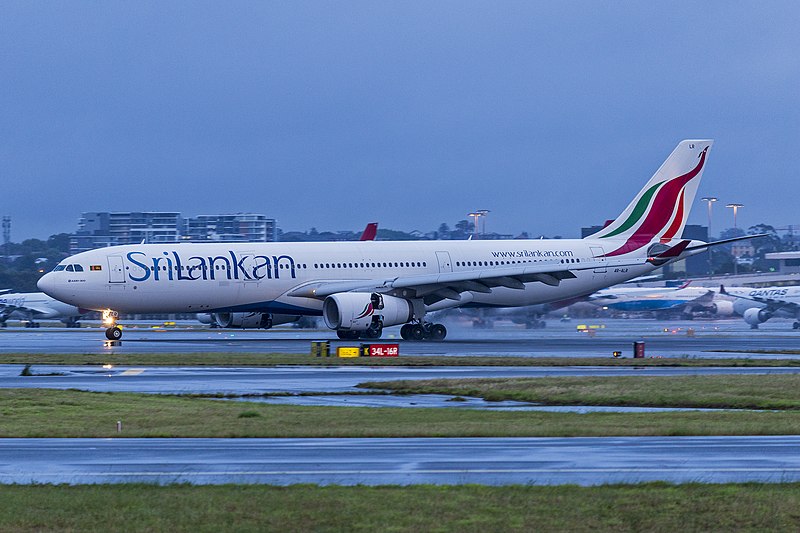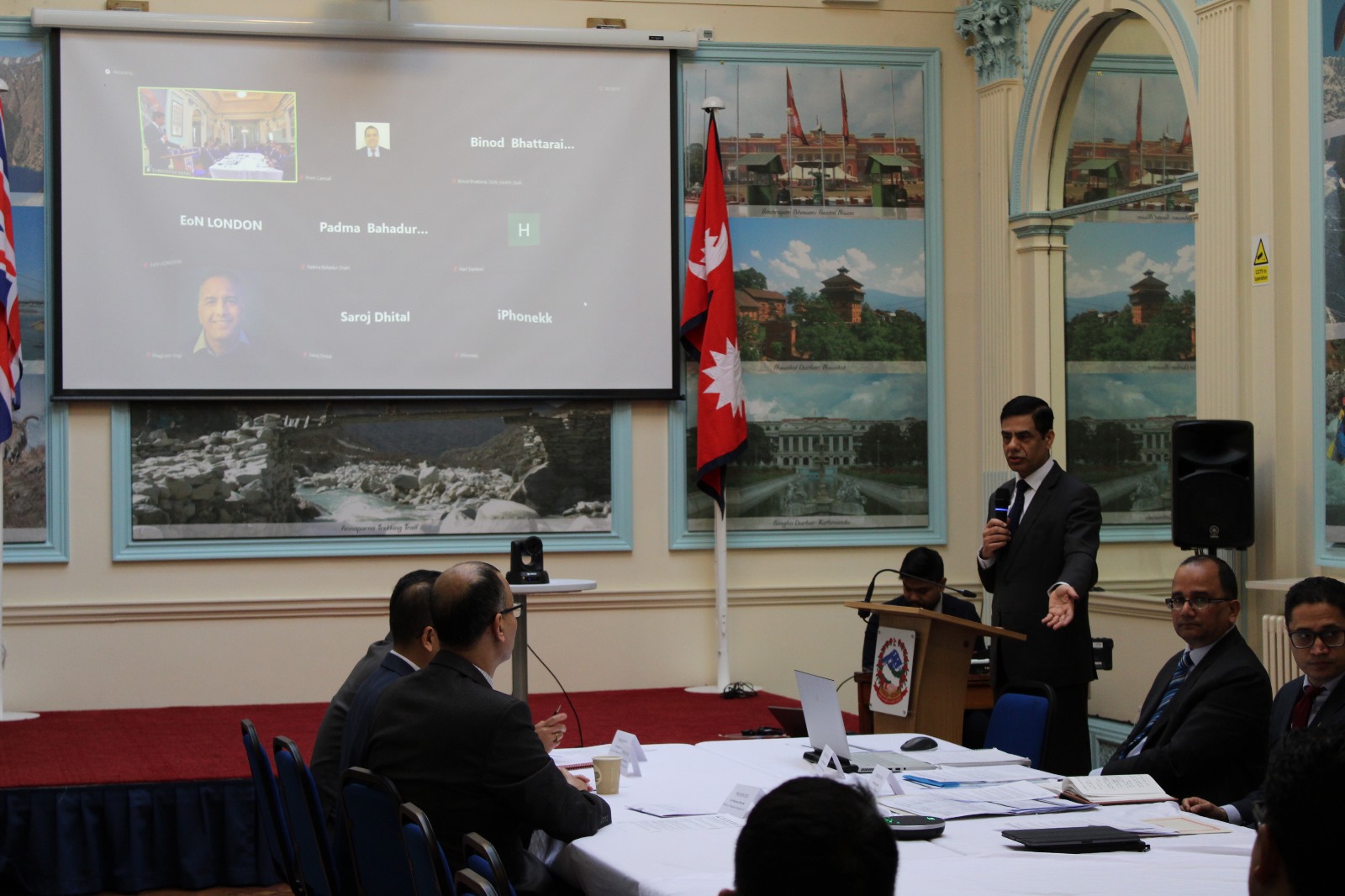Jagan Karki, London– The Nepal Embassy in London organized a two-day interactive session on February 24 and 25, bringing together Nepali professionals residing in the UK and senior officials, academics and private sector leaders from Nepal. The hybrid event aimed to foster collaboration, discuss opportunities for investment, and address various challenges faced by the Nepali diaspora and the homeland.
Addressing the seminar remotely, Foreign Minister NP Saud lauded the role of Nepali diaspora in the socio-economic development of Nepal. He said the Nepal government has recently launched Non Resident Nepali (NRN) Citizenship and looked for more closer collaboration between Nepali diaspora experts and their counterparts in Nepal.
Ambassador Gyan Chandra Acharya said there was a critical mass of Nepali professionals and experts in the UK and the embassy was organising this event to help them connect with Senior Nepali Officials and private sector leaders back home and explore the possibility of collaboration. “This is a mapping exercise to understand the strengths and requirements and we will organise follow up events focusing on priority sectors,” he added.
Professor of Economics at the Cardiff University, Dr Kul Luintel, said education was bedrock of socio-economic development of any country. Saying that thousands of Nepali students were going abroad every year as the country’s education sector was in a poor state, Prof Luintel called upon depoliticization of Nepal’s education sector and more investment to link education with skills and employment.
Senior lecturer in Economics at the University of Hull, Dr Keshab Bhattarai, said that all political parties in Nepal were committed to growth and distribution but the problem lay in implementation. He called for high quality research and evidence-based policy making. “At a time when India and China are being seen as engines of global development, there is no reason Nepal should lag behind,” he added.
President of Nepalese Doctors Association (NDA) UK, Dr. Sanjeeb Nepali, former Presidents Dr. Ramesh Koju, Dr Kamal Aryal and President of Nepalese Nurses Association UK, Mrs Sunita Gautam Thapa, highlighted their initiatives to support Nepal in areas like medical training, health education, and emergency response. A public health professional, Dr. Bachchu Kailash Kaini shared lessons from the UK’s National Health Service (NHS) and discussed the need for sustainable funding and business approaches in Nepalese healthcare organisations.
President of Research Institute for Bioscience and Biotechnology, Prajwal Raj Bhandari, Senior researcher at the Oxford Vaccine Group, Sonu Shrestha and Pramila Rijal, also made their presentations.
Chairman of Nepal Medical Council Dr Chop Lal Bhusal, Chairperson of Nepal Nursing Council Prof Sarala KC and Additional Secretary Dr Tanka Barakoti at the Ministry of Health also shared their experiences.
Public Health and Behaviour Change Scientist and Senior WASH expert at the Water Aid UK, Dr Om Prasad Gautam, said that some 91 percent of the Nepalese now had access to piped drinking water though only 16 percent of the population had access to safely managed water service. Saying that Nepal was declared Open Defecation Free country in 2019, he called upon the international community to help Nepal to attain the goal of clean drinking water and hygiene for all by 2030.
President of Society of Nepalese Engineers (SONE) UK, Rudra Koirala, Senior Engineer Prem Lamsal, Dr Binod Amatya, among others, made presentations and emphasized on the importance of building capacity among Nepali engineers, adopting international knowledge, and addressing road safety issues. Dr Amatya called upon the Nepal government to set up a Metro Development Authority to construct a metro rail system to address the problem of congestion in the capital valley.
Chairman of Nepal Engineering Council, Prof Dr Padma Bahadur Shahi and Director General at the Department of Roads, said they were open to share knowledge and expertise of Nepali diaspora professionals.
Education Transformation
Speaking from Nepal, Suresh Adhikari, Secretary at the Ministry of Education, emphasized the ongoing transformation in Nepal’s education sector. He highlighted the collaborative efforts at the federal, provincial, and local levels, with a significant role for local governments in delivering education. Adhikari proudly noted achievements such as near 99 percent student enrollment with no discrimination between genders, reduction in school dropouts, and the construction of 7500 new schools post the Gorkha earthquake. However, challenges remain, with nearly 700 schools partially damaged due to the Jajarkot earthquake. Adhikari stated that the ministry is reviewing the entire education cycle and addressing issues to ensure a robust education system.
Prof. Diwakar Acharya from Oxford University called upon Nepali Universities to conduct summer schools, seminars, and partnerships with world-class universities. Registrar at the Kathmandu University, Prof. Dr Achyut Wagle stressed the importance of conducting courses like impact of climate change on high Himalayas, Yoga and wellbeing that rooted on Nepal’s strength. Prof Dr Krishna Prasad Bashyal, Registrar of the Tribhuvan University and Prof Dr Dipak Bahadur Bhandari, Registrar of the Pokhara University, called upon expatriate Nepali professors and researchers to collaborate with Nepali Universities.
Legal and Accountancy Session:
The conference also delved into legal and accountancy matters. Prof. Surya Subedi and Barrister Sneha Shrestha and Solicitor Deepak Bhattarai discussed about need for legal reforms and promoting Kathmandu as a seat of international mediation. Professor of International Law at the Leeds University, Dr Surya P Subedi, said collaboration between academics and lawyers from both the countries would benefit both sides. Secretary at the Nepal Law Commission Lila Devi Gadtaula, President of Nepal Bar Association Gopal Krishna Ghimire and Registrar at the Supreme Court of Nepal, Bimal Poudel, discussed how Nepal’s judiciary was undergoing massive transformation and learning from British legal practices would help the judicial sector a lot.
In a separate session, Krishna P Dahal, FCCA, discussed the potential of developing Nepal as a global outsourcing center in accounting. The session also addressed challenges related to tax laws and best practices for the accounting industry. Joining online from Nepal, Deputy Auditor General Padam Raj Poudel and Sanjay Singhaniya of the Institute of Chartered Accountants Nepal shared their experiences, challenges, and ideas for the development of Nepal’s accountancy sector.
IT, Investment and Economic Growth
Financial experts, including Sujan Adhikari and Rabi Karki, discussed the challenges of investing in Nepal due to political and credit risks, proposing collective investments and strategies to attract young, tech-savvy individuals. Mr Karki, who heads the Assets and Wealth Management division at the Oppenheimer, said Nepal must ensure smooth repatriation of profits to attract foreign direct investment.
A London-based Cyber Security Expert, Niranjan Kunwar, said that Nepal could establish itself as a serious outsourcing partner. “The IT companies in Nepal provide high quality services which is up to 65 percent cheaper compared to other countries in the region. The playing field has levelled up,” said Kunwar calling upon the Nepali authorities to provide incentives to IT companies in Nepal.
Deputy Chief of Mission at the embassy, Mrs Roshan Khanal, thanked all participants and senior officials in Nepal for their participation and contributions to the conference.





